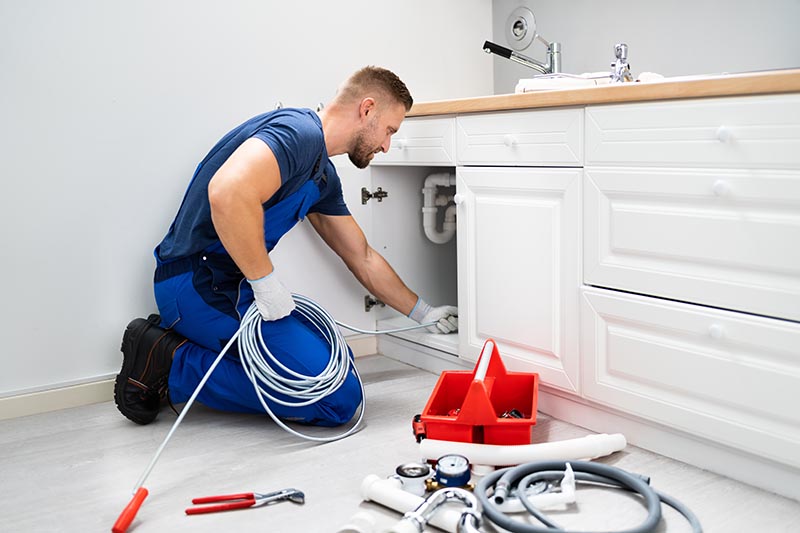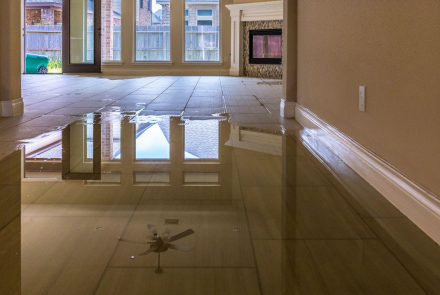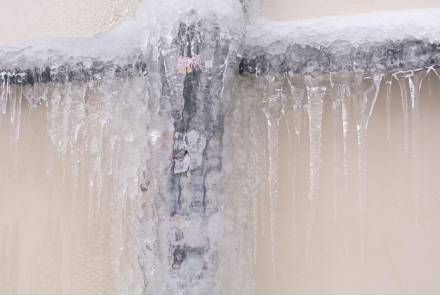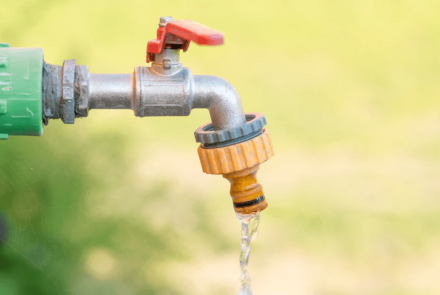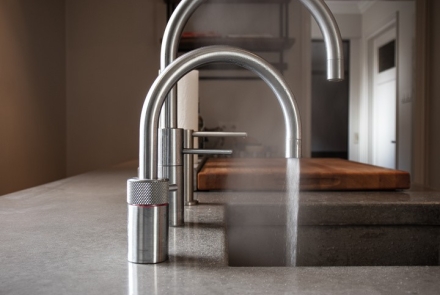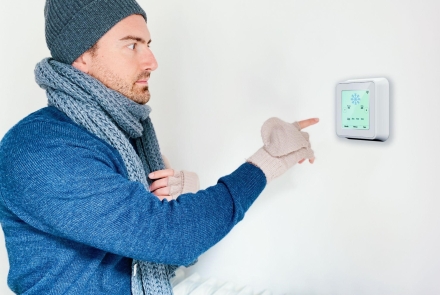As a homeowner, you have plenty of tasks on your list of regular home maintenance jobs. One you should have is pipe cleaning and plumbing maintenance. Skipping it can lead to disaster with your plumbing. Find out how often you should clean your pipes to avoid issues, headaches, and costs.
Signs Your Pipes Need Cleaning
How can you tell if the pipes in your home need to be cleaned? There are clear indicators to watch for that include:
- Foul Smells can indicate trapped food or debris
- Slow Drainage often indicates there is a blockage somewhere in the pipes
- Strange Sounds like bubbling and gurgling can mean there’s a clog blocking airflow
How Often Should Pipes Be Cleaned?
Not all properties and pipes are the same, so you need to take into consideration these to determine how long you can wait between cleanings:
- Usage determines how often your pipes should be cleaned based on frequency and what you're dumping in them. Dumping grease, for example, means more frequent cleanings, and if you use your system a lot, you need to keep up with regular plumbing maintenance more often.
- How many people live in your home will also affect the cleaning needs. More people will mean more regular cleanings.
- The pipe materials also make a difference. Metal piping in older homes often needs more frequent cleaning than newer PVC piping.
DIY vs. Professional Cleaning
There are pros and cons to DIY vs. professional cleaning. For example, DIY is cheaper and can teach you vital skills if a similar problem arises in the future. However, when it comes to tough clogs, you may need professional help to solve the problem entirely.
Preventative Maintenance Tips
To extend the amount of time you have between cleanings and to avoid plumbing emergencies, follow these tips:
- Don't dump food, large pieces of waste, or grease in your pipes.
- Use drain guards to stop large items from entering the drains.
- Schedule regular inspections.
If you find that you’re still experiencing frequent issues, it may be time for an upgrade to your plumbing system.
The Process of Professional Pipe Cleaning
When a professional comes to do your pipe cleaning service, they will start by conducting a thorough inspection to determine the method and tools required to do the job. Next, the service, including snaking drains, often with hydro-jet equipment, will occur. Finally, you will receive advice on how best to keep your drain clean in the future to avoid similar issues.
Conclusion
While the frequency of your pipe cleaning demands might vary, it's clear that taking care of the job is necessary. There are pros and cons to DIY and professional methods, with an expert being the only natural way to know the job is done correctly. Routine maintenance can help slow the issues associated with clogged drains, so follow all the proper precautions.Contact our professionals at Robert Bair Plumbing today to schedule your plumbing maintenance and pipe cleaning service!

